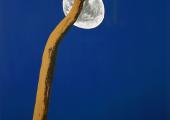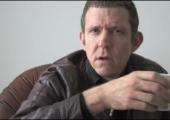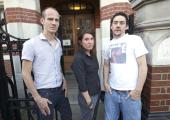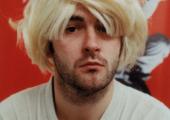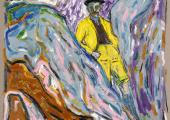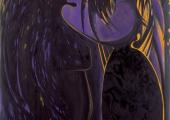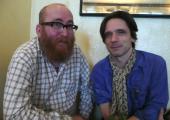Wolfgang Tillmans, Serpentine Gallery

Tillmans is too laid back to care at the Serpentine.
It takes a lot of work to make a show look as unconsidered and chaotic as this one: thought and care and time and attention all have to be paid before something so random can be achieved. But as so often with Tillmans, the nagging questions persist: is randomness, are the offhand and the casual, valid as ends in themselves? Because Tillman’s über-hip affectless cool has become very tiresome indeed. Even worse, it’s becoming predictable and dull. Tillman's eye, as ever, remains wonderful, but I remain doubtful about the form in which he chooses to convey his ideas.


